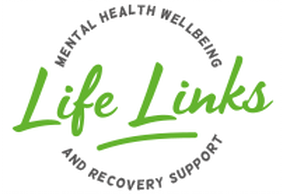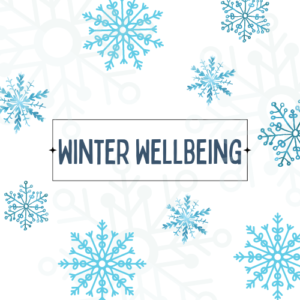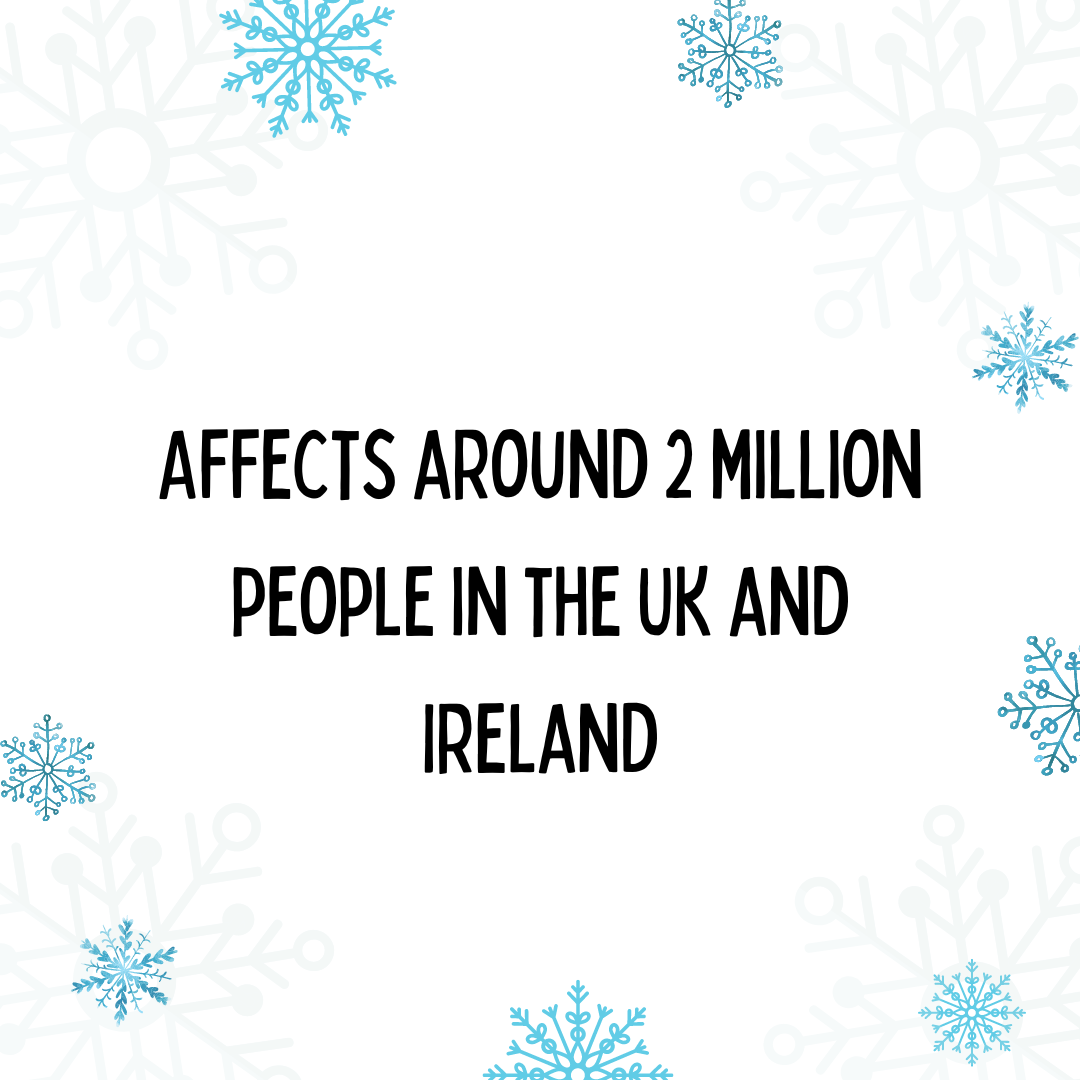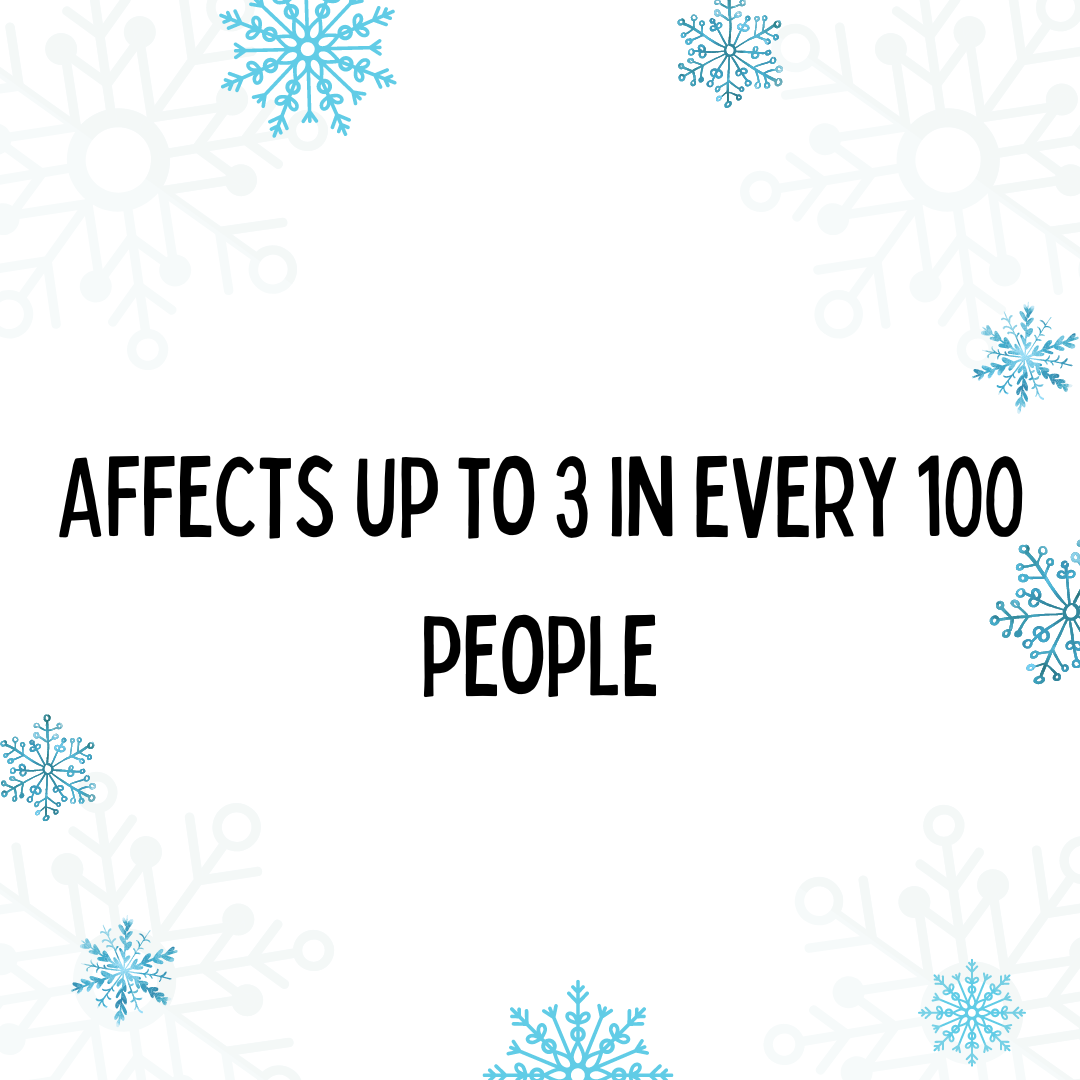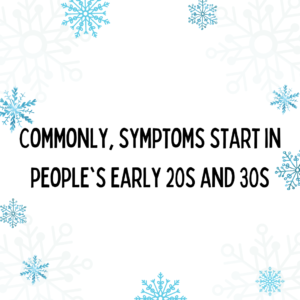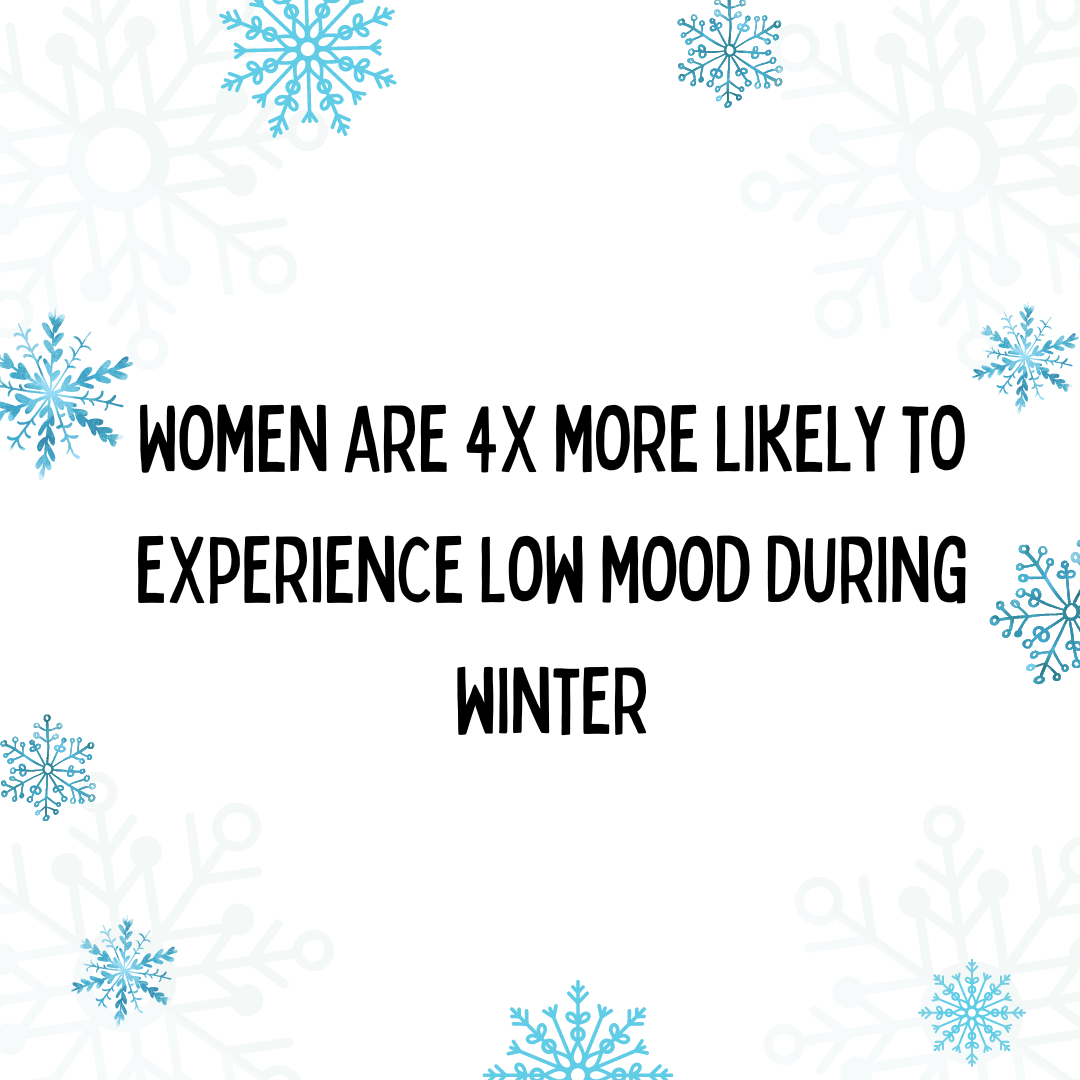Written by:
Josh, Recovery Worker
With Winter well underway, it is time to think about Winter Wellbeing. This year we need to focus on staying well during winter, whether this be physically or mentally. This time of year provokes many different feelings and changes the way we live our lives for around 3 months. This year we will be looking at ways to maximise our physical and mental health during winter.
Many of us are impact by the weather, influencing the amount of social contact we have including activities and exercise. This change can be due to the colder, wetter weather or the decreased amount of sunlight. Additionally, there is less sunlight exposure, this can lead to lower production of serotonin and more melatonin; these are most associated as the “Happy Hormones”. Together, according to NHS Inform, around 1/5 Brits report having the “Winter Blues” during these months.
General statistics of low mood during winter:
People’s opinions on Winter
It is okay to not feel positive right now. In the winter months falls a festive period for multiple religions; a time commonly associated with family and friend events, gifts and joy. However, you do not have to have felt in the spirit of these times if you do not want to. You are not alone! It is expected that people have different associations with this time, so whether you enjoy this time or not, be understanding and mindful of everyone’s feelings.
Seasonal Affective Disorder
Seasonal Affective Disorder is a mental health disorder commonly associated with a type of depression linked to seasonal patterns. It has been described as “winter depression” due to a higher prevalence during these months but can also occur during the summer. Its causes are commonly associated with hormones such as melatonin and serotonin regulation, but also daylight absence impacts the body’s internal clock and circadian rhythm. In a recent study for Patient Information by Dr Roger Henderson, around 3-6 people in every 100 of the British public experienced SAD last winter, with the highest percentages seen in London.
What to look out for:
SAD can usually present itself in different ways: Weight change Irritability Lack of energy and sleeping during the day Loss of pleasure in everyday activities Feeling of despair and worthlessness Persistent low mood
Even without a diagnosis of SAD, the season of winter can impact your mental health but there are ways to tackle this. The most effective ways of looking after yourself in winter months can be:
- Contacting family and friends
- Dietary changes – eating more energy-based foods (e.g., Carbohydrates)
- Vitamin D supplements
- Contacting additional mental health support
What can I do to help myself?
Another way to help is adopting a positive psychological outlook. This aims to increase resilience, improve confidence and the ability to cope with stresses of everyday life. Stress levels are high enough as it is, and with the colder weather requiring more heating, the cost-of-living crisis could become overwhelming. We can look at worry also, and further deduce how to tackle problems faced, and whether the worry is real or hypothetical.
It is advised you contact people during this time, whether you are feeling low yourself or know of someone else who is. Social contact during these months can help due to a sense of loneliness that is associated with this time of year and the celebrations coinciding.
How do Life Links support Winter Wellbeing?
Peer Support
During this time, we will be running our peer support groups as usual across the different locations in the city centre and South Leicestershire.
Workshops
We have also run Winter Wellbeing workshops for all to attend. In this we looked at different tools and techniques to help during winter. Other workshops included: Self Care and Routine, Time to Talk Day 2023 and Managing Emotions
Drop In Sessions
We provided drop-in sessions in South Leicestershire, including Cost of Living Crisis events, Time to Talk days and mental health drop in sessions at The Well.
